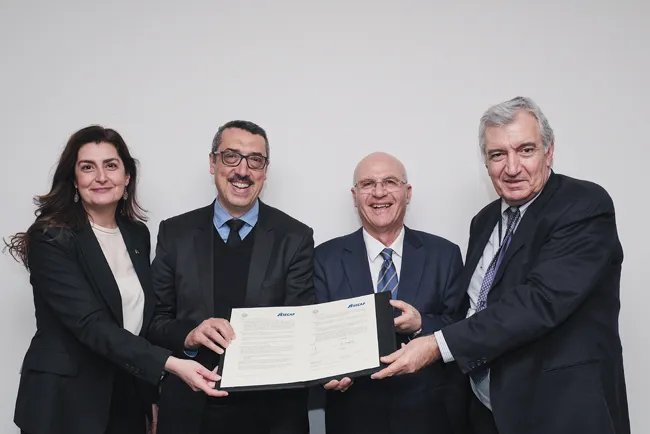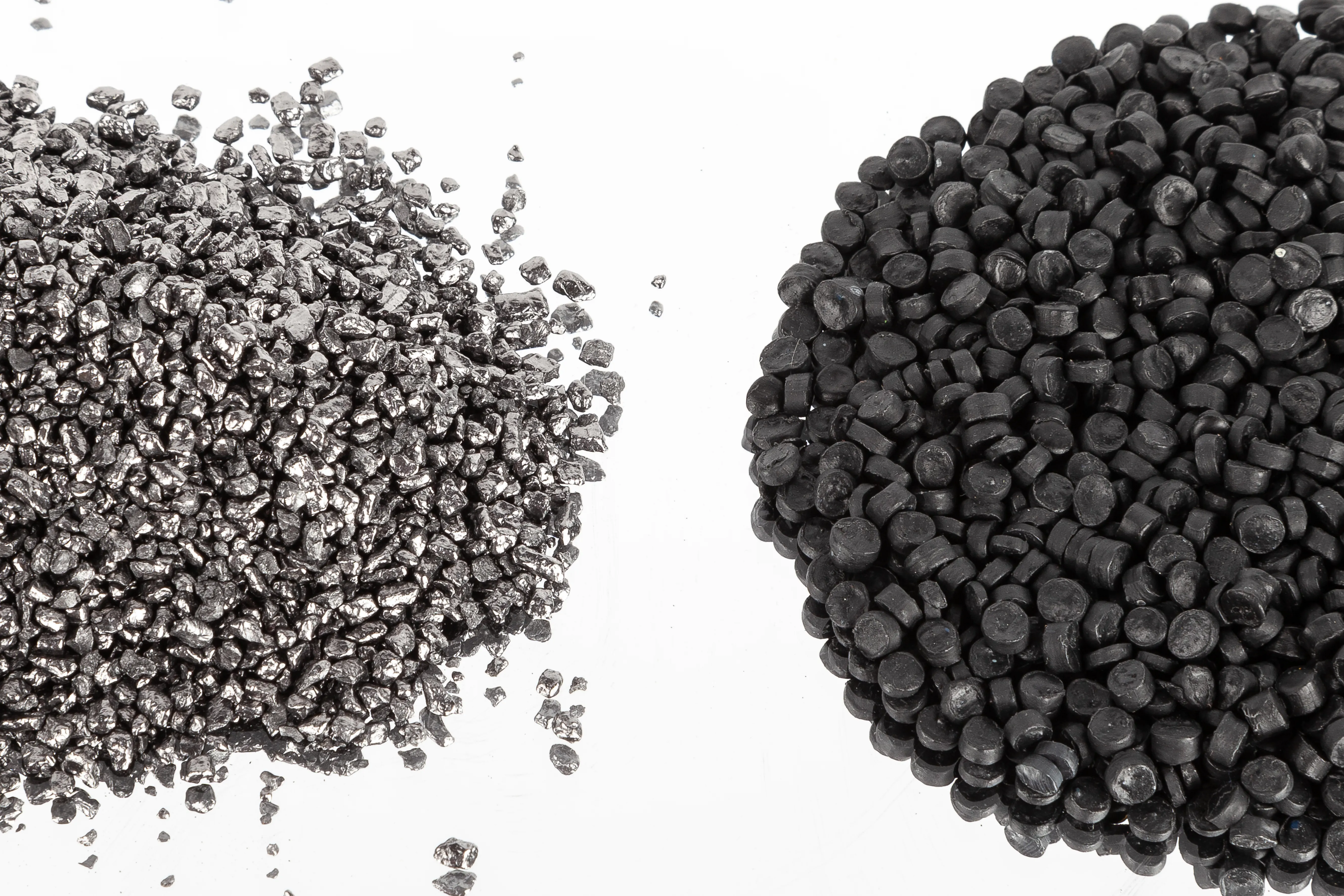The
Aound 70 FEHRL stakeholders, partners and institute members attended the event, celebrating 25 years of research on road infrastructures in Europe and beyond, held at the
Phillips noted that the challenge remains of making sure that research outcomes trickle down to participating countries and other countries as well. To this end, CEDR will be taking research reports and publishing them as design guides. Phillips suggested that more standardisation and harmonisation of practices across Europe will give organisations the confidence to become innovators. Manfred Haider, chairman of FEHRL Research Coordinators, explained that if an organisation is working on European Union level projects then cooperation with other national organisations is mandatory to get the funding. “FERHL already has good channels for disseminating information within Europe, but we still can’t claim we reach everybody may be interested in certain topics,” said Haider, who is also head of business unit at the
Cooperation with America has been “a long time in the making” and opens up opportunities to exchange more than just information. “The key point here is for the transfer of American money into European-based research and for more cooperation of American and European universities,” he said.
Debra Elston, office director for corporate research, technology and innovation management at the US
Infravation addresses the challenges identified in the European Commission’s white paper Smart, Green and Integrated Transport. But frontiers continue to hamper seamless transportation, said Torsten Klimke, deputy-head of the European Commission’s Research and Innovative Transport Systems Unit within the Mobility and Transport group, called DG MOVE. “When you are at a transnational border, quite often this becomes the bottleneck of the journey,” he said.
FEHRL and CEDR pledge more road research cooperation
The Forum of European National Highway Research Laboratories (FEHRL) and the Conference of European Directors of Roads (CEDR) have pledged to increase cooperation on road research. A memorandum of understanding to cement the cooperation was signed during a one-day event that featured speakers from national members of FEHRL and CEDR. Stefan Strick, president of FEHRL and also of the German Federal Highway Research Institute, signed the memorandum alongside CEDR president Simon Grima, who is also chief office
February 10, 2015
Read time: 3 mins







